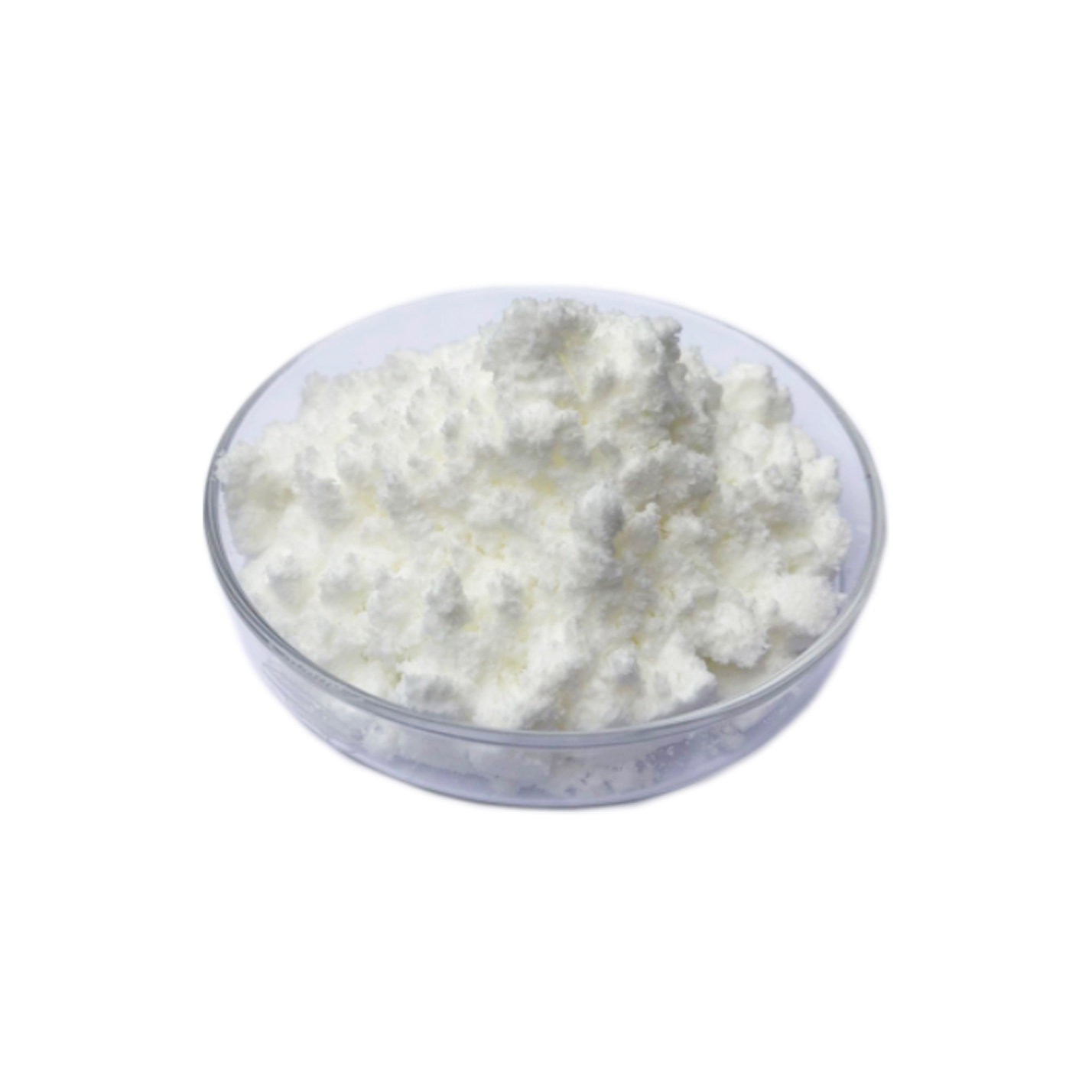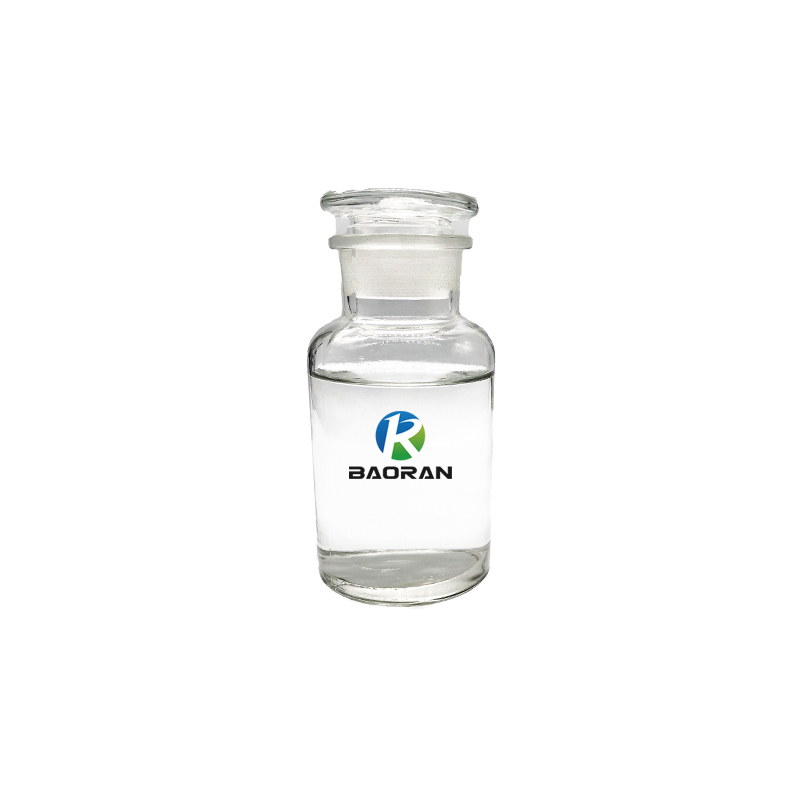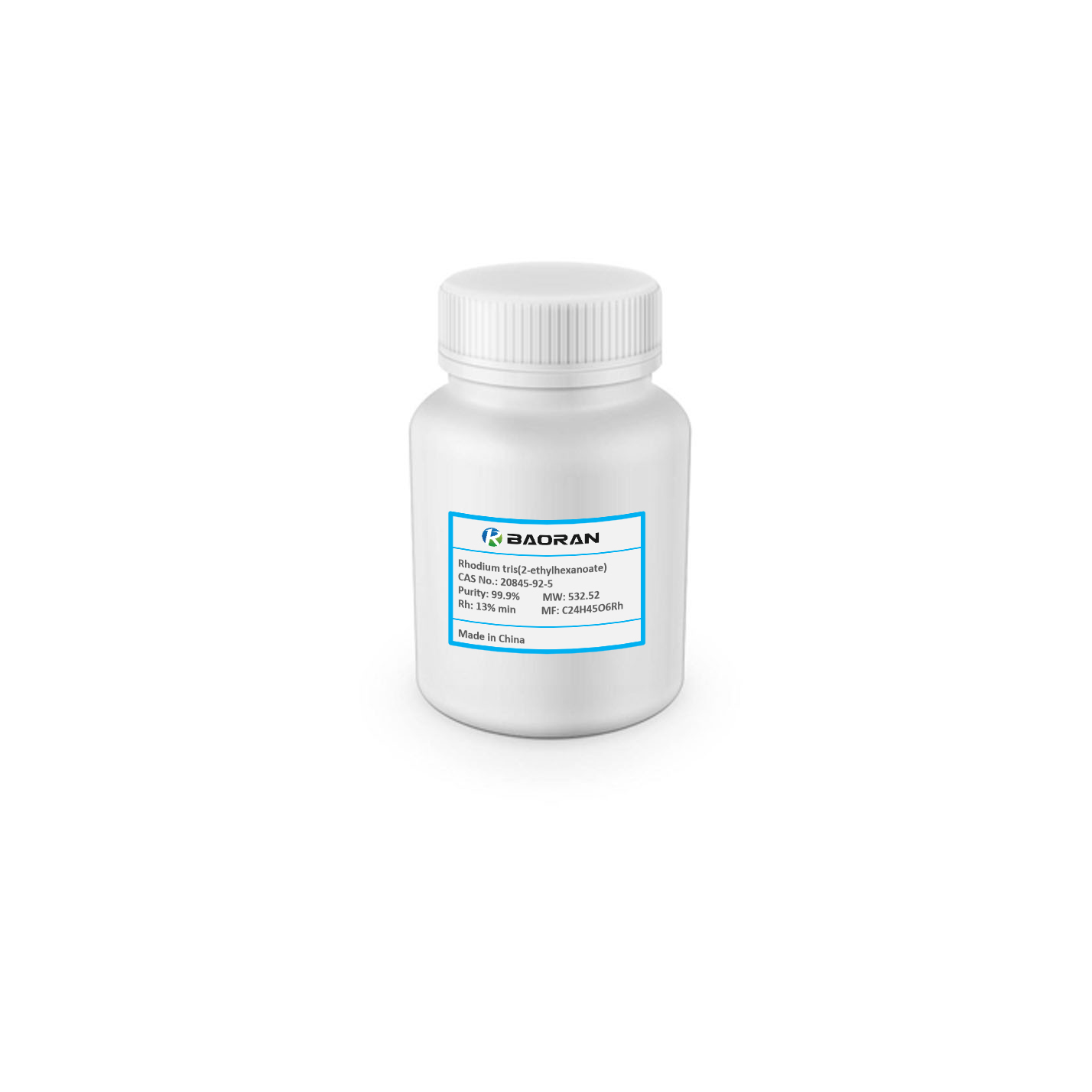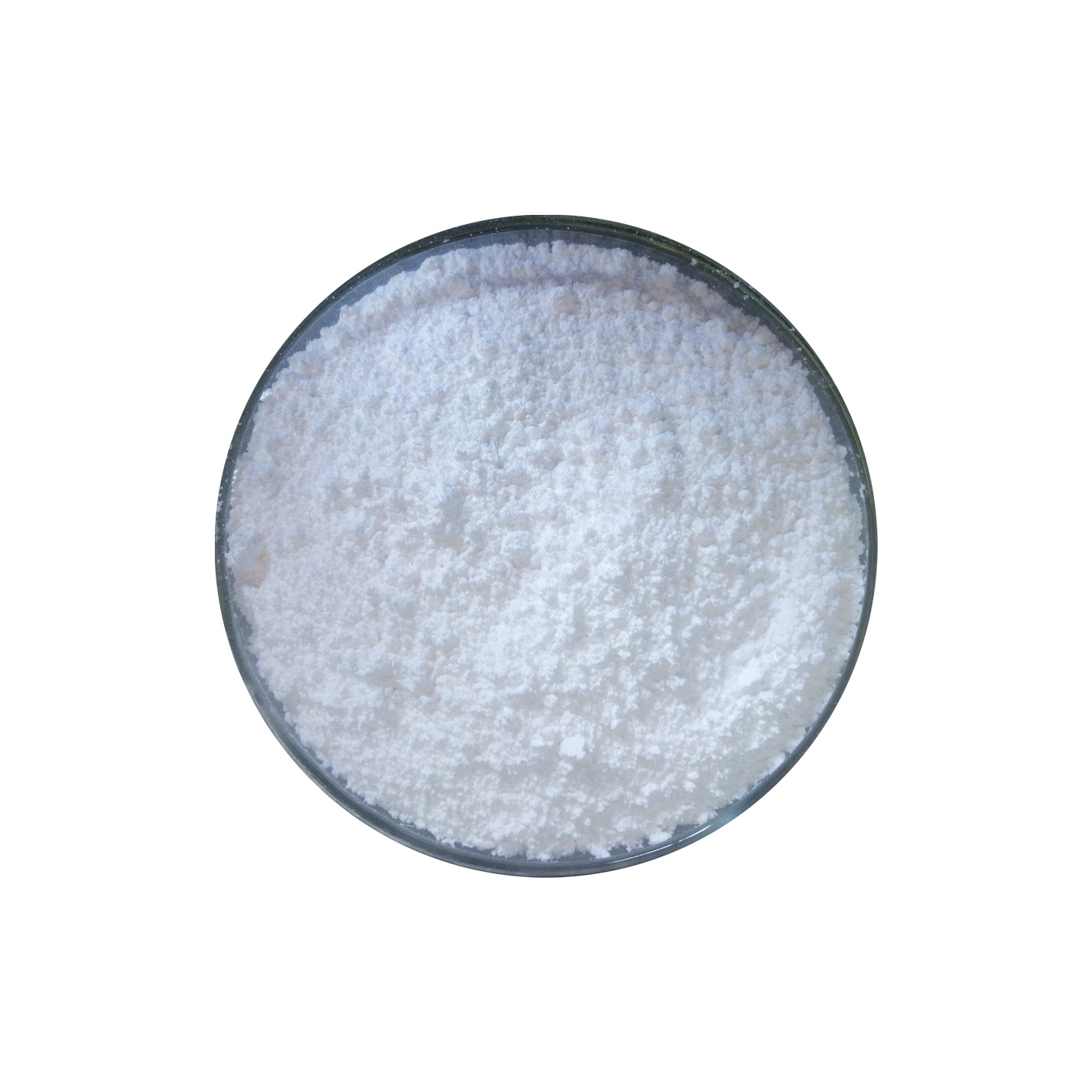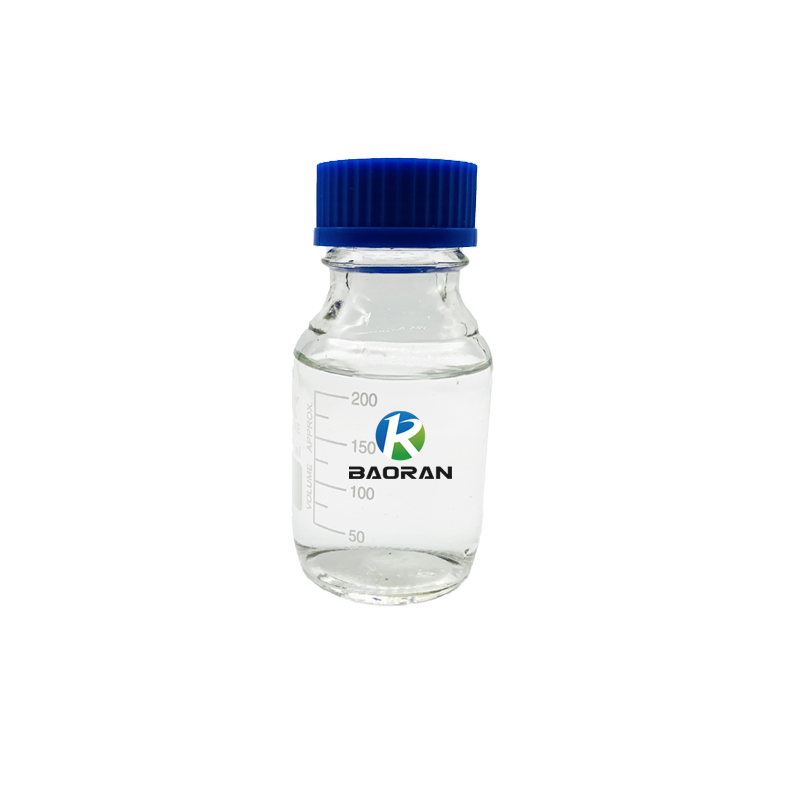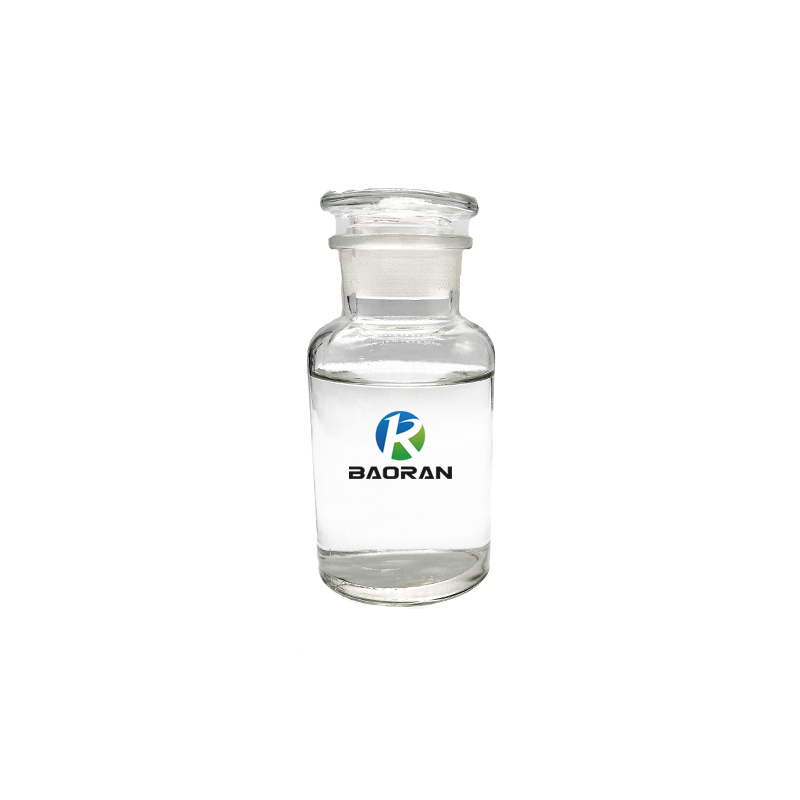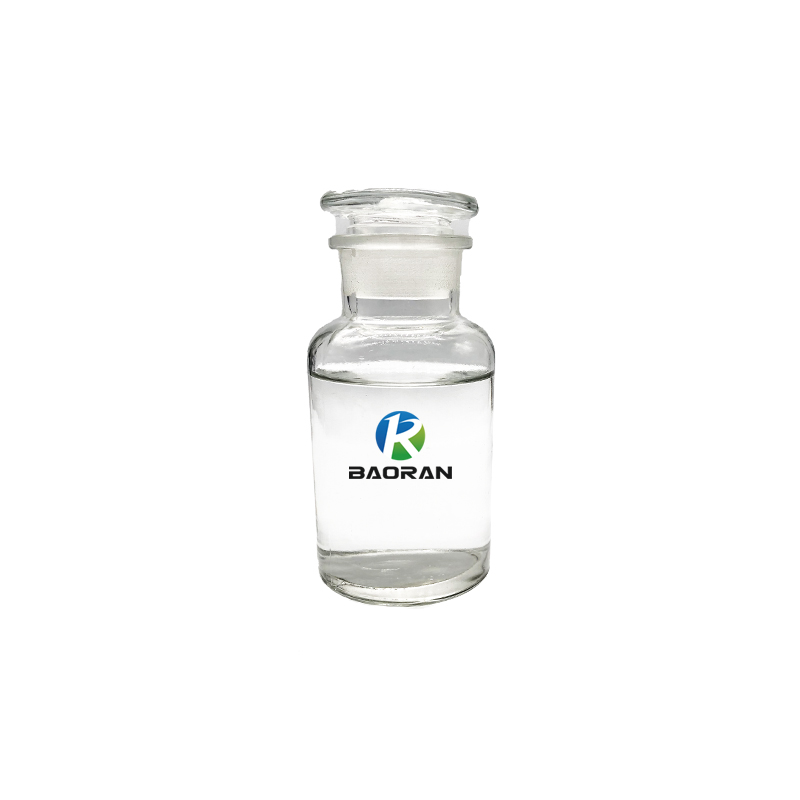Manufacturer of Propylene Carbonate Technical Grade
Product Main Parameters
| Chemical Formula | C4H6O3 |
|---|---|
| Molecular Weight | 102.09 g/mol |
| Boiling Point | Approximately 242 °C (467.6 °F) |
| Density | About 1.2 g/mL at 25 °C |
| Solubility | Miscible with water, alcohols, ethers, esters |
Common Product Specifications
| Purity | Technical Grade |
|---|---|
| Grade | Industrial |
| Appearance | Colorless and odorless liquid |
Product Manufacturing Process
According to recent studies on the synthesis of cyclic carbonates, Propylene Carbonate is efficiently produced through the reaction of propylene oxide with carbon dioxide. The process utilizes catalysts, commonly zinc-based, to enhance the formation of the cyclic carbonate. The environmentally friendly process not only optimizes the yield of Propylene Carbonate but also utilizes carbon dioxide, contributing to reduced greenhouse gas emissions. Studies show that this method results in a high-purity product suitable for various industrial applications.
Product Application Scenarios
As highlighted in authoritative industry papers, Propylene Carbonate Technical Grade is a versatile solvent, especially effective for polymers and resins. It is widely used in paint strippers, coatings, and adhesives, offering excellent solvency. Additionally, it's a crucial component in lithium-ion battery electrolytes, providing stability and a high dielectric constant necessary for efficient battery performance. The compound also serves in gas scrubbing processes, efficiently removing CO2 and H2S from natural gas, as noted in chemical engineering studies.
Product After-Sales Service
- 24/7 customer support for technical inquiries and guidance.
- Comprehensive product warranty and return policies.
- Regular follow-up for customer feedback and improvement suggestions.
Product Transportation
- Secure packaging in approved containers to prevent leakage.
- Shipping available worldwide, complying with all safety regulations.
- Real-time tracking of transit status for convenience.
Product Advantages
- High solvency capability across a range of materials.
- Stability and safety in industrial environments.
- Environmentally friendly production process leveraging CO2.
Product FAQ
- What is the primary use of Propylene Carbonate Technical Grade?
As a manufacturer, we provide Propylene Carbonate Technical Grade primarily for industrial applications such as solvent use, particularly in cleaning agents, paint strippers, and adhesives. Its high solvency and compatibility with a wide range of materials make it ideal for these purposes.
- Is Propylene Carbonate Technical Grade suitable for use in lithium-ion batteries?
Yes, Propylene Carbonate Technical Grade by our manufacturer is commonly used as a solvent in the electrolyte solutions of lithium-ion batteries due to its high dielectric constant and stability, which are essential for battery efficiency.
- How should Propylene Carbonate be stored?
It should be stored in a cool, dry place, sealed in appropriate containers to avoid moisture ingress. Following the manufacturer guidelines ensures optimal quality retention.
- What safety measures are recommended when handling Propylene Carbonate?
Personal protective equipment such as gloves, goggles, and protective clothing should be worn to prevent irritation. Good ventilation is also crucial to prevent inhalation of vapors during use.
- Can Propylene Carbonate be used in cosmetic formulations?
While Technical Grade Propylene Carbonate is mainly industrial, it can be used in some cosmetic formulations to enhance solubilization. However, it is not intended for food or pharmaceutical usage due to its technical grade specification.
- Is Propylene Carbonate biodegradable?
Yes, studies indicate that Propylene Carbonate Chemical Grade is biodegradable, reducing its environmental impact. However, disposal should still adhere to local regulations to prevent any potential environmental harm.
- How does the manufacturer ensure the quality of Propylene Carbonate?
Our manufacturer employs strict quality control measures, including testing raw materials and finished products, to ensure high purity and performance standards are met, in line with ISO certifications.
- What is the advantage of using Propylene Carbonate in gas scrubbing?
Propylene Carbonate Technical Grade's chemical stability and solvent properties make it effective in gas treatment processes, particularly for removing impurities like CO2 and H2S from natural gas streams.
- Does the product require special shipping considerations?
Propylene Carbonate Technical Grade is shipped in secure containers to prevent leaks, with adherence to international safety regulations ensuring it arrives safely at its destination without compromising quality.
- Is the production process environmentally friendly?
Yes, the manufacturer takes pride in its environmentally friendly production process. By utilizing carbon dioxide, a greenhouse gas, the process not only improves efficiency but also contributes to sustainable practices.
Product Hot Topics
- Innovative Uses of Propylene Carbonate Technical Grade
Recent developments have seen Propylene Carbonate Technical Grade being explored for emerging technologies beyond conventional uses. Manufacturers are experimenting with its high solvency and stability to enhance the performance of new materials, underlining its potential in future innovations. Continuous research aims to unlock further applications, making Propylene Carbonate a pivotal component in next-generation industrial solutions.
- Environmental Impact of Propylene Carbonate Production
The production of Propylene Carbonate is gaining attention due to its reduced environmental footprint. By using CO2 in its synthesis, the manufacturer contributes to lowering greenhouse gas levels, aligning with global sustainability goals. Studies emphasize the importance of such processes in making industrial chemistry more eco-friendly, setting a benchmark for other chemical manufacturers to follow.
- Propylene Carbonate in Renewable Energy Systems
The integration of Propylene Carbonate in renewable energy systems, such as advanced lithium-ion batteries, showcases its crucial role in sustainable technology. Manufacturers are optimizing its properties to improve battery performance, supporting the growth of renewable energy solutions. This trend highlights Propylene Carbonate's vital contribution to the green energy sector's expansion.
- The Role of Propylene Carbonate in Industrial Cleaning
In industrial settings, Propylene Carbonate Technical Grade is increasingly chosen for its efficacy in cleaning applications. Its ability to dissolve stubborn residues efficiently makes it a preferred choice among manufacturers looking to enhance cleaning processes. Industry reports suggest a growing demand for high-performance cleaning agents, with Propylene Carbonate at the forefront due to its exceptional properties.
- Advancements in Propylene Carbonate Synthesis
Research continues to optimize the synthesis of Propylene Carbonate, focusing on catalyst advancements that improve yield and purity. These innovations reduce production costs and environmental impact, propelling the chemical's adoption across various sectors. Manufacturers are particularly interested in scalable methods that maintain Propylene Carbonate's high quality and reliability.
- Technical Grade Propylene Carbonate in Polymer Industries
The polymer industry values Propylene Carbonate for its superior solvency and compatibility with various resins. This versatility supports its use in developing advanced polymers with enhanced characteristics. Manufacturers are leveraging these benefits to meet the evolving demands of the polymer market, highlighting Propylene Carbonate's essential role in driving innovation.
- Global Market Trends for Propylene Carbonate
The global demand for Propylene Carbonate Technical Grade is on the rise, driven by its diverse applications and efficiency. Market analysis indicates a steady growth trajectory, with manufacturers expanding capacity to meet this demand. As industries seek reliable and versatile chemical solutions, Propylene Carbonate continues to gain prominence on the global stage.
- Safety Protocols in Handling Propylene Carbonate
Emphasizing safety, manufacturers highlight comprehensive guidelines for handling Propylene Carbonate, ensuring its safe use in various applications. Protective measures and proper storage significantly mitigate potential risks. By adhering to these protocols, industries safeguard their workforce and maintain the integrity of this valuable chemical.
- Propylene Carbonate and Sustainable Manufacturing Practices
Sustainable practices in manufacturing have become crucial, with Propylene Carbonate production setting a standard through its CO2-utilizing synthesis process. This alignment with sustainability encourages manufacturers worldwide to adopt similar strategies, contributing to eco-friendly industrial advancements and reduced carbon footprints.
- The Future of Propylene Carbonate in Industrial Applications
Looking ahead, the role of Propylene Carbonate in industrial applications seems set to expand further. Ongoing research into its capabilities suggests promising new uses, potentially transforming its impact across sectors. As manufacturers explore uncharted territories, Propylene Carbonate is poised to play a pivotal role in future industrial innovations.
Image Description
There is no picture description for this product
